Why Are Cat Back Claws Sticking Out?
Why Are Cat Back Claws Sticking Out?
Curious why your cat's back claws hang out? Don't worry, it's normal! These extra "thumb claws" are leftovers from wildcat days, helping with balance and grip. Usually lack of wear from soft carpets keeps them out, but not to worry, they rarely cause problems. Just keep an eye for snags and enjoy your cat's unique quirks!
Why Are My Cat's Back Claws Sticking Out?
Have you ever noticed your feline friend sporting seemingly permanently extended dewclaws on their hind legs? These little "thumb claws" might look curious, but there are actually several reasons why your cat's back claws might be sticking out.
The Mystery of the Dewclaws
Dewclaws, also known as prepollex claws on the front paws and premorse on the hind legs, are those extra nub-like claws located above the main paw. While not as functional as the primary claws, they serve some evolutionary purposes and contribute to your cat's unique aesthetic.
Evolutionary Vestiges
These little claws are remnants of their wildcat ancestors, who used them for climbing trees and stalking prey. While domestic cats primarily rely on their main claws for climbing and hunting, dewclaws can still offer some slight grip on rough surfaces.
More Than Just Looks
Dewclaws also play a role in balance and proprioception, helping your cat sense their paw position and adjust their movements. Additionally, in rare cases, they can even be used for grooming or grabbing small objects.
Reasons for Exposed Dewclaws
So, why might your cat's back claws be constantly extended? Here are some common explanations:
Lack of Natural Wear and Tear
Unlike the front claws, which get worn down through scratching and walking on rough surfaces, back dewclaws often don't experience enough friction to retract fully. This is especially true for indoor cats who primarily walk on soft surfaces like carpets.
Anatomical Differences
Some cats are simply born with dewclaws that naturally protrude more than others. This can be due to variations in tendon or ligament structure within the paw.
Injury or Infection
In rare cases, an injury or infection in the dewclaw or surrounding tissue can cause it to become inflamed and stuck in an extended position.
Should You Trim Your Cat's Dewclaws?
Declawing, the surgical removal of dewclaws, has become a controversial practice due to ethical concerns and potential complications. In most cases, trimming a cat's dewclaws is not necessary and can even be harmful.
If your cat's dewclaws are snagging on carpets or causing discomfort, consult your veterinarian for advice. They can ***ess the situation and recommend the safest and most appropriate course of action, whether it's trimming, leaving them untouched, or exploring other solutions.
Living with Extended Dewclaws
For most cats, having extended dewclaws doesn't pose any significant problems. Simply keep an eye out for any signs of discomfort, snags, or injuries. Regular gentle handling and playtime can also help keep the dewclaws naturally worn down.
Remember, your cat's unique dewclaws are part of their charming feline package. Understanding why they stick out and how to care for them can help you ensure your furry friend's comfort and well-being.
more questions :
Why is my cat's claw sticking out?
One possibility is that the claw is overgrown and has become stuck, which can happen if the cat does not have appropriate surfaces for scratching. Another possibility is that the claw is injured or infected, leading to inflammation that prevents it from retracting.
Do cats back claws fall out?
When your cat's nail grows past the blood supply, the surrounding layer begins to crack to make room for the new nail. Each claw's nail splits and falls every two to three months on average. The old layer either falls off on its own or is most likely removed by your cat's scratching
What does it mean when a cat has its claws out?
This is a part of the “kneading” behavior, which is generally a sign of comfort. That is, if it looks like cat is kind of stretching/flexing his paws. If the claws come out and stay out, and the cat had his ears back, he's not happy and be about to take a swipe at you.
What to do if a cat's claw is hanging off?
Remove the damaged part of the nail.
Sometimes, there is a loosely attached sliver of nail that can be trimmed away easily with clippers at home; however, most of the time this job is best left to your veterinarian. Keep your cat's foot wrapped in paper towels as you proceed to your veterinary clinic.

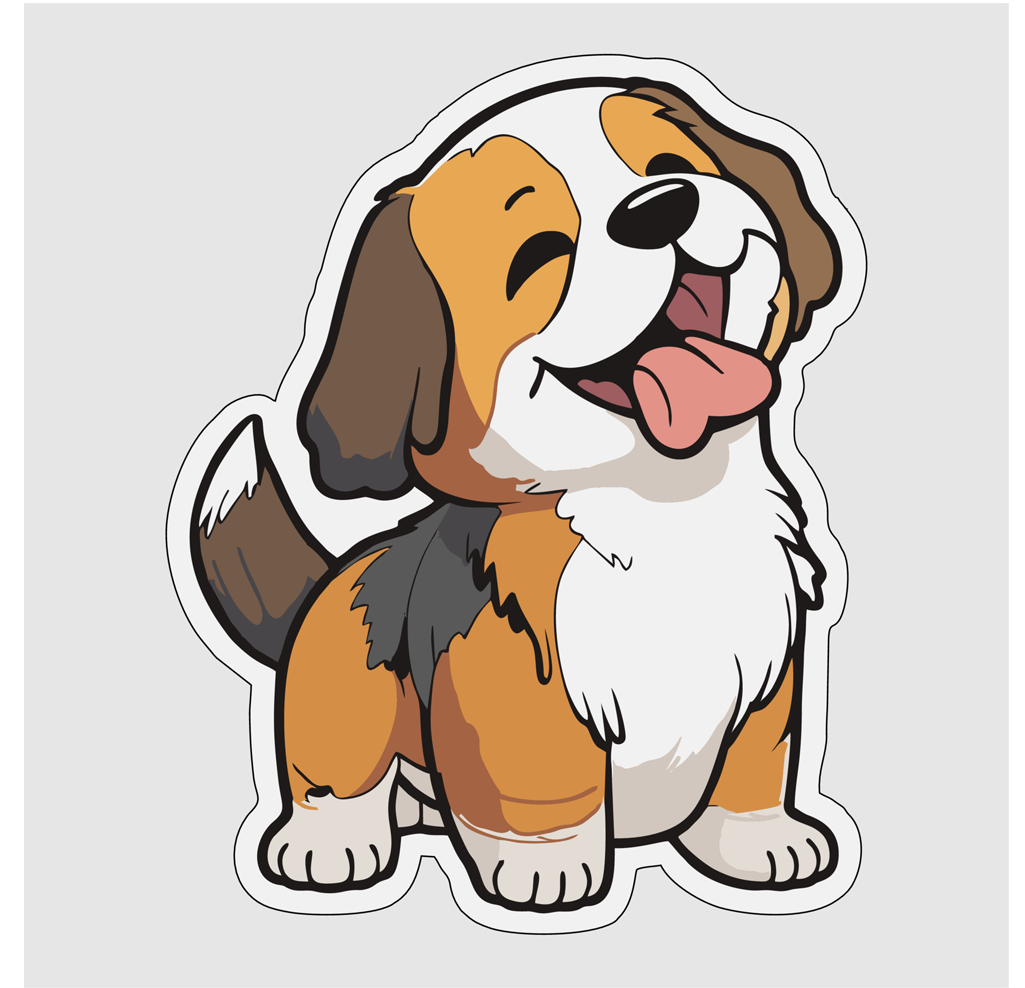



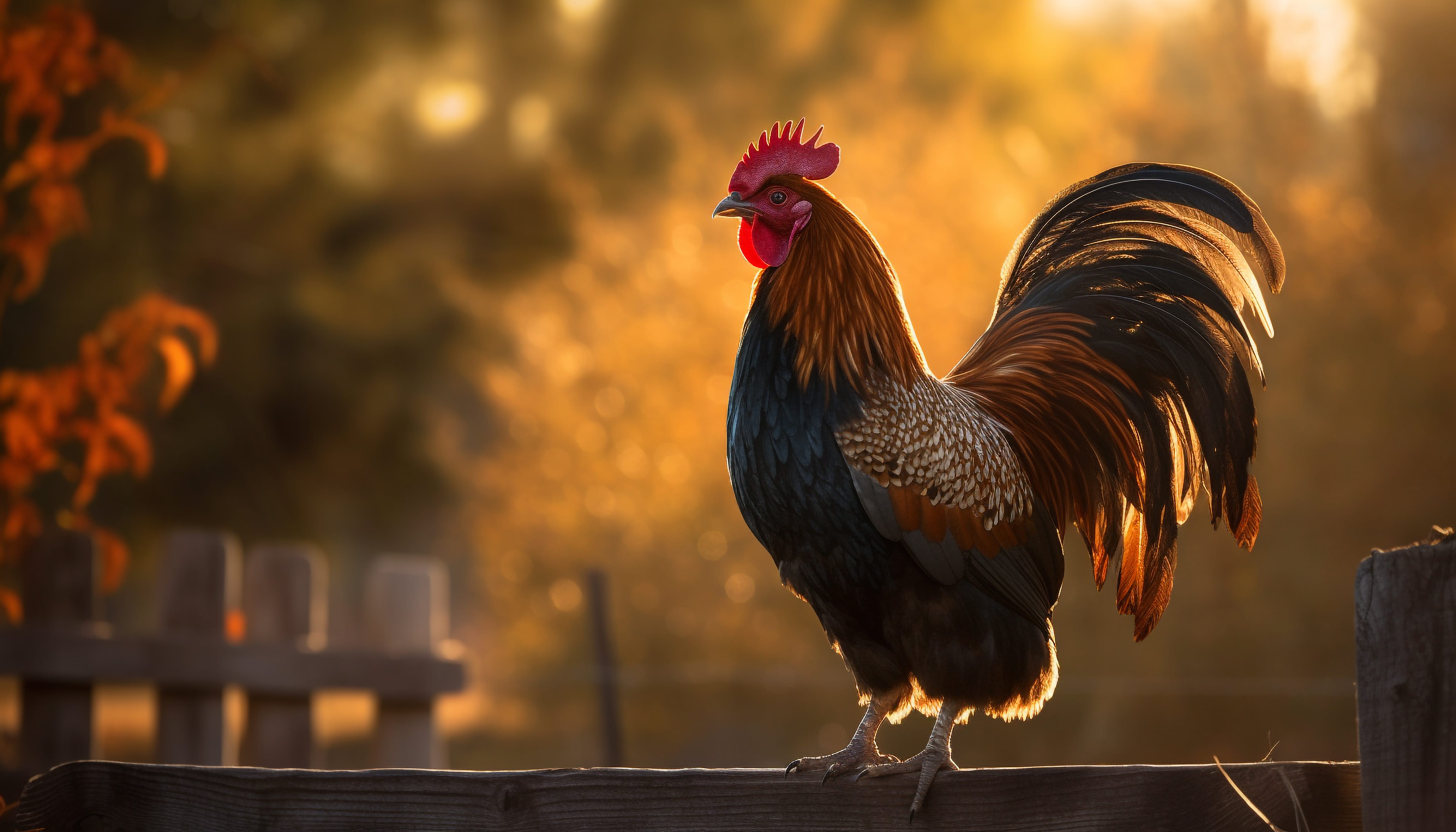

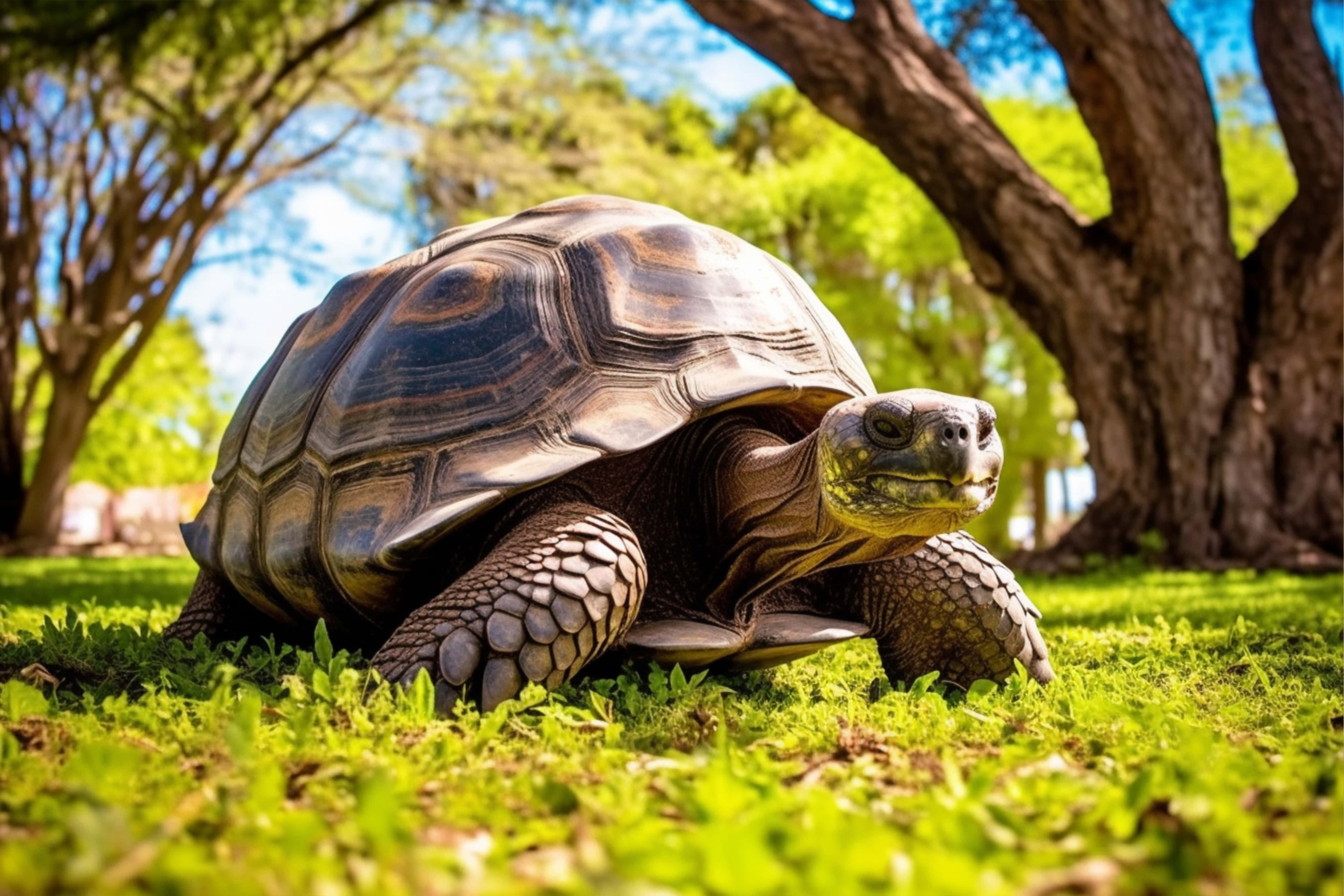

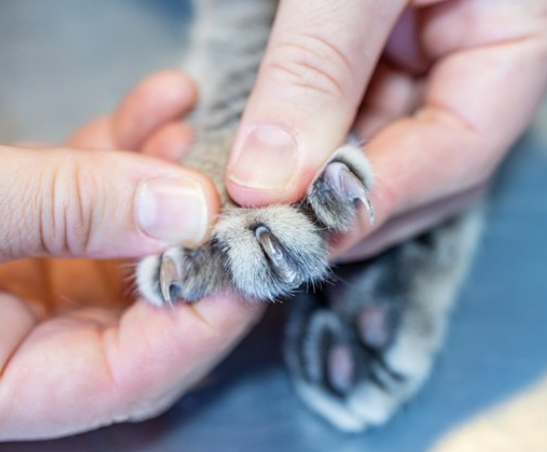
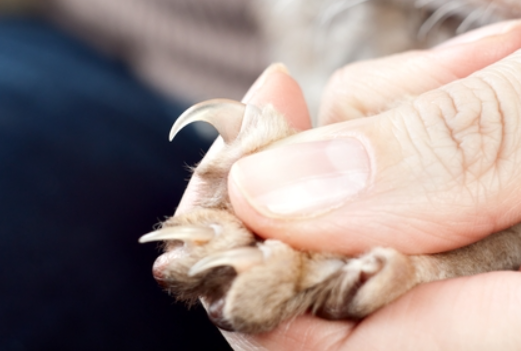







Leave a comment